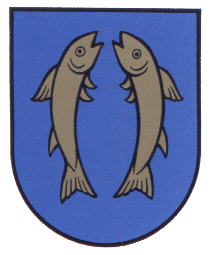Langscheid (Sundern): Difference between revisions
Jump to navigation
Jump to search
Knorrepoes (talk | contribs) No edit summary |
Knorrepoes (talk | contribs) m (Text replace - "|width="15%"|50 px|right |}" to "|width="15%"|50 px|right |}<seo title="Wappen, Gemeindewappen" />") |
||
| Line 3: | Line 3: | ||
|width="70%" align="center" |'''Heraldry of the World<br/>Civic heraldry of [[Germany]] - [[Deutsche Wappen|Deutsche Wappen (Gemeindewappen/Kreiswappen)]]''' | |width="70%" align="center" |'''Heraldry of the World<br/>Civic heraldry of [[Germany]] - [[Deutsche Wappen|Deutsche Wappen (Gemeindewappen/Kreiswappen)]]''' | ||
|width="15%"|[[File:Germany.jpg|50 px|right]] | |width="15%"|[[File:Germany.jpg|50 px|right]] | ||
|} | |}<seo title="Wappen, Gemeindewappen" /> | ||
Revision as of 17:51, 5 November 2012
| Heraldry of the World Civic heraldry of Germany - Deutsche Wappen (Gemeindewappen/Kreiswappen) |
LANGSCHEID
State : Nordrhein-Westfalen
District (Kreis) : Hochsauerlandkreis (until 1975 Arnsberg)
Amt : Amt Hüsten
Incorporated into : 1975 Sundern
Official blazon
Origin/meaning
The arms were officially granted in 1922 with St. Lawrence, the patron saint, as supporter behind the shield.
Langscheid was founded in the late 13th century and received city rights from Count Ludwig of Arnsberg in 1307. The arms are based on the image in the Roll of Arms of Arnsberg dating from 1700. There are no older seals or images of the arms known. The meaning and origin of the two fish is not known.
Literature : Stadler, K. : Deutsche Wappen - Bundesrepublik Deutschland. Angelsachsen Verlag, 1964-1971, 8 volumes.

